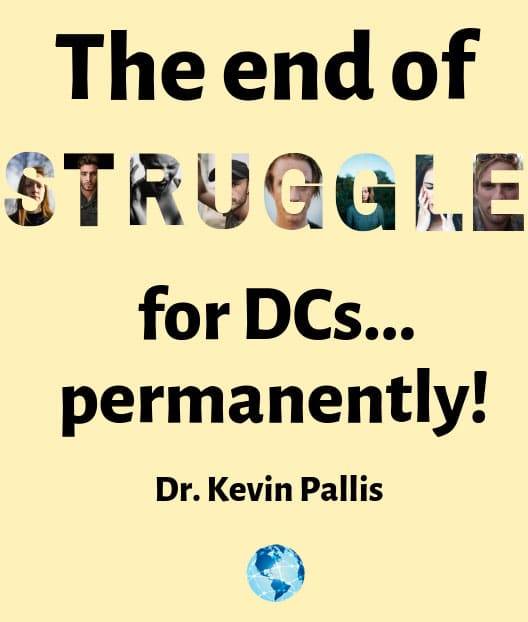What do you do when a patient says "NO"?

You just got back from lunch and you’re waiting in quiet anticipation in your office for a new patient that’s entering the waiting room. You resist the urge to peek out and see what they look like. About the best you can do is subtly listen to the discussion between the new patient and your staff.
They seem friendly enough, and your CA gives them the paperwork to start (they didn’t fill out their case history online). As they start the tour of your office, he offhandedly says, “you know the last Chiropractor I went to just put me on the table and cracked my back.” Your heart sinks. They were referred by such a great patient! Didn’t they explain anything about how our office runs?
You rehearse in your head what you are going to say to the patient, all the while knowing that he probably is not a great fit in your office. First visits with patients like this are so hard. There is a feeling of dread as you paint a halfhearted smile on your face and prepare to meet your new patient. You lead him back to the exam room and engage in small talk.
You’re suddenly interrupted by “I hope this is covered by my insurance company. You’re not one of those Chiropractors that keep people coming in for the rest of their lives, are you?” You freeze and mumble about getting to that later. You’ve barely introduced yourself and you’re already being challenged by a patient who has no idea what Chiropractic is and seems in no hurry to find out. Are you going to face the music or assume that once he’s heard your eloquent words, he’s going to change his mind and everything is going to turn around?
The moment of truth
Sometimes in our own offices, we cave, cut corners, and say okay when it’s not okay, instead of confronting the reality that not all people are a great fit for your practice. Chiropractic can help all people, but many people are not ready to commit to the process of Chiropractic. This patient needs to hear who you are and what you stand for, and the longer you don’t communicate this so as to temporarily avoid confrontation, the worse it gets.
Face it, we’ve all caved, kept our mouths shut, and looked the other way as a patient falls further and further behind on their payments. But there is a point where you are going to have to open your mouth and stand up for yourself. Don’t expect everyone to appreciate your boundaries or guidelines. Those will only be respected by patients who will say yes to the process. Others will say some harsh things and you’ll have to avoid the temptation to get angry or attempt to change their mind because it’s just not going to happen. Shake their hand, wish them well, and say, “If you’re ever more serious about your health, please give me a call.”



